The International Coalition for Advocacy on Nutrition (ICAN), comprised of organizations working to improve policies and scale-up investments in nutrition, commends the World Bank Group for hosting the second annual Human Capital Summit on October 13, 2017. This event demonstrated the Bank’s continued commitment to prioritizing investments in human capital, including financing for nutrition and other crucial early year interventions.
Each year undernutrition claims the lives of 3 million children under age five and costs the global economy billions of dollars in lost productivity and health care expenditures. Malnutrition hinders children’s cognitive development, resulting in less schooling and lower earnings in adulthood. Investments in high-impact, cost-effective nutrition interventions during the 1000-day window are critical in determining the future health and prosperity of a child – and their country.
At this year’s Human Capital Summit titled, Committing to Action to Drive Economic Growth, President Jim Kim highlighted the Human Capital Index which will be a ranking of a countries’ current stock in human capital and how quickly they are working and investing in its’ improvement. This convening provided a platform for countries to more aggressively and ambitiously commit to investing in human capital to ensure the health and development of the next generation. World leaders announced their commitments to save lives, improve economies and help end the cycle of poverty[1].
This Summit set the tone for the anticipated high-level Global Nutrition Summit in Italy in November – an important moment to take stock of commitments and celebrate progress toward the global nutrition targets. The World Bank is uniquely placed to harness the momentum at the Summit by announcing their own commitment and investments in the early years, particularly nutrition, establishing themselves as the preeminent champion.
The success of a child and of an entire country starts with good nutrition. The evidence is abundantly clear that the ties between nutrition and economic prosperity run deep. The consequences of stunting demands that leaders take tangible actions to ensure that the chance to build human capital later in life is not significantly diminished. Now more than ever we need to increase the salience of and political will for nutrition so opportunities for economic growth and development are not missed. We applaud World Bank President Jim Kim and World Leaders at the Summit for their leadership and for elevating the value of investing in human capital and nutrition as a priority for all countries.
[1] President Paul Kagame of Rwanda committed to reduce stunting to 15% by 2020; Prime Minister Amadou Gon Coulibaly announced that by 2020 Cote d’Ivoire’s would reduce stunting to 20%; and Secretary of State for International Development Priti Patel presented DFID’s nutrition position paper that focuses on outcomes for nutrition.

